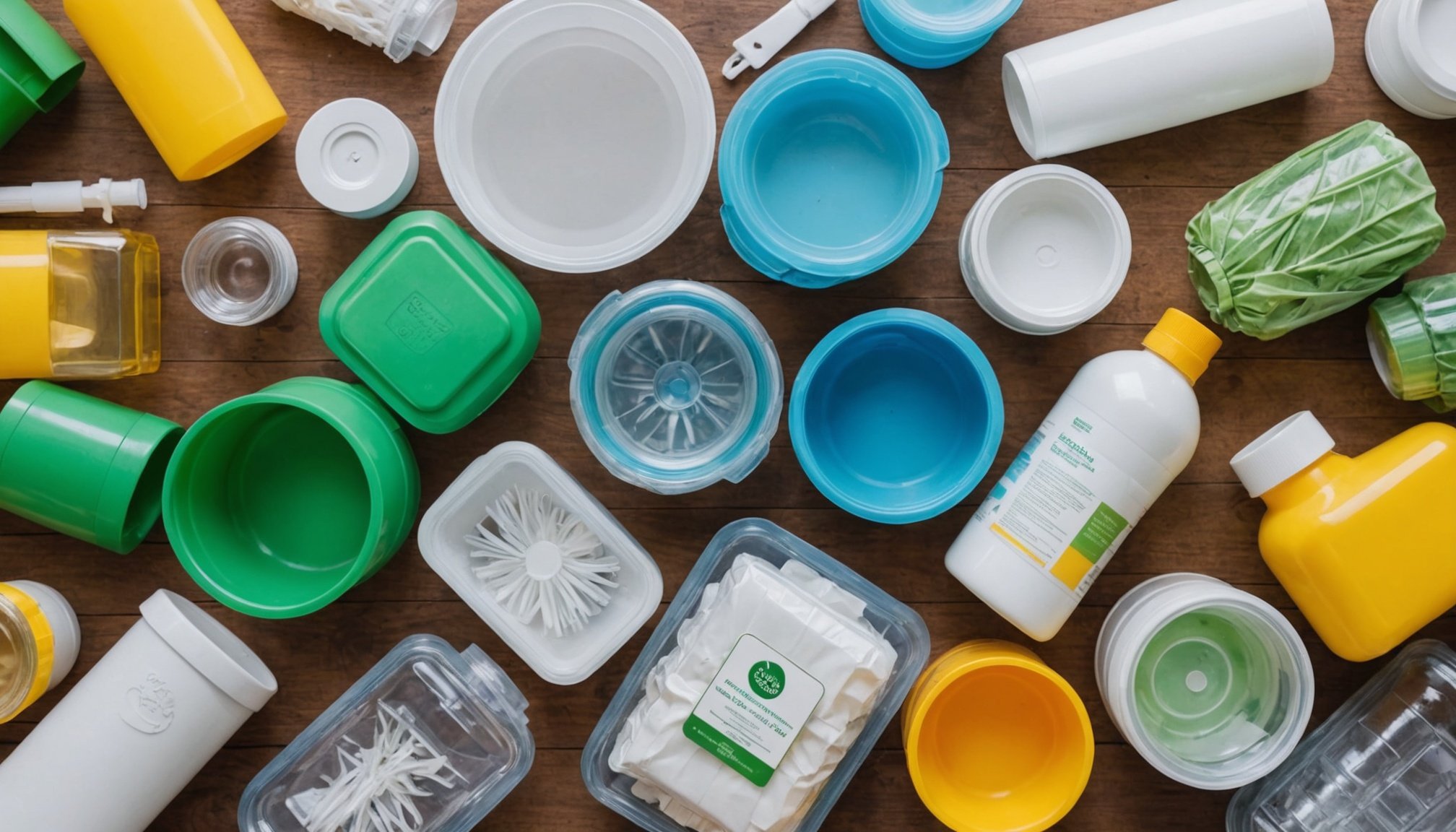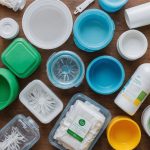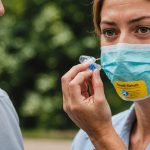Essential Tips for Minimizing Plastic Waste in Your Everyday Hygiene Routine
In today’s world, where environmental consciousness is on the rise, making small changes in your daily hygiene routine can significantly impact the amount of plastic waste you generate. Here’s a comprehensive guide to help you transition to a more sustainable, plastic-free lifestyle, starting with your personal care habits.
Understanding the Impact of Plastic Waste
Before we dive into the tips, it’s crucial to understand the magnitude of the problem. Plastic waste, particularly from single-use products, is a major contributor to environmental pollution. From plastic packaging of shampoos and soaps to the microplastics released by microfiber cloths, the impact is multifaceted.
In the same genre : Effective Yoga Poses to Alleviate Sciatica Pain: Your Ultimate Guide
“Reducing single-use plastic in everyday social practices is not just about changing products, but also about altering habits and social norms,” notes a study on reducing single-use plastics.
Eco-Friendly Alternatives for Your Shower
One of the most effective ways to reduce plastic waste is by switching to eco-friendly alternatives in your shower routine.
Topic to read : What are the key components of a functional fitness routine, and how can it benefit your daily activities?
Eco-Friendly Shampoo and Conditioner
Traditional shampoos and conditioners come in plastic packaging, which is a significant source of waste. Companies like Plaine Products offer a sustainable solution by packaging their shampoo, conditioner, and body wash in aluminum bottles, which are 100% recyclable and have a better carbon footprint than glass.
- Refill Service: Plaine Products offers a refill service where you can send back the old bottles to be sanitized, refilled, and reused.
- No Plastic Packaging: The aluminum packaging eliminates the need for plastic bottles.
- Ease of Use: These products have the same ease of use as commercial ones without the harmful additives.
Safety Razors
Safety razors are another zero-waste swap that can seem intimidating but are actually quite simple to use.
- No Disposable Razors: Safety razors use reusable blades that can be recycled, reducing the amount of plastic waste from disposable razors.
- Proper Recycling: Used blades need to be taken to a special recycling facility to ensure safe and effective recycling.
Water Flossers
For oral hygiene, water flossers are a great alternative to traditional flossing, which often involves single-use plastic strings.
- Convenience: Water flossers can be used in the shower, making the process convenient and mess-free.
- Environmental Benefit: They reduce the use of plastic floss strings that can turn into microplastics and harm the environment.
Sustainable Personal Care Products
Beyond the shower, there are several other personal care products that can be made more sustainable.
Shampoo Bars and Soap Bars
Shampoo bars and soap bars are gaining popularity due to their minimal packaging and effective use.
- Zero Packaging: Many shampoo and soap bars come with minimal or no packaging, significantly reducing plastic waste.
- Long-Lasting: These bars often last longer than their liquid counterparts, making them a cost-effective and sustainable choice.
Refillable Deodorants and Toothpaste Tablets
Refillable deodorants and toothpaste tablets are innovative products that cut down on plastic packaging.
- Refillable Deodorants: These deodorants come in reusable containers that can be refilled, reducing the need for new plastic packaging each time.
- Toothpaste Tablets: Toothpaste tablets eliminate the need for plastic tubes and are often packaged in biodegradable or recyclable materials.
Practical Tips for Reducing Plastic Waste at Home
Here are some practical tips to help you reduce plastic waste in your daily hygiene routine:
Reduce Frequency of Use
- Shower Less Frequently: Reducing the frequency of showers can save water and energy, and also reduce the amount of soap and shampoo used. “Americans shower way too much,” notes an article on zero-waste showers, highlighting the excessive water and energy consumption.
Use Reusable Products
- Reusable Towels and Cloths: While microfiber cloths have their limitations, using reusable towels and cloths for cleaning can reduce the use of single-use wipes. However, ensure proper laundering to maintain hygiene.
Choose Eco-Friendly Brands
- Eco-Friendly Brands: Opt for brands that offer sustainable packaging and products. For example, Plaine Products’ aluminum packaging is a significant step towards reducing plastic waste.
DIY and Homemade Products
- Homemade Products: Consider making your own personal care products at home. This can include homemade soaps, shampoos, and body washes using natural ingredients.
Table: Comparing Traditional and Eco-Friendly Products
| Product | Traditional | Eco-Friendly |
|---|---|---|
| Shampoo | Plastic bottles | Aluminum bottles (Plaine Products) |
| Conditioner | Plastic bottles | Aluminum bottles (Plaine Products) |
| Razors | Disposable razors | Safety razors with reusable blades |
| Flossing | Plastic floss strings | Water flossers |
| Deodorant | Plastic packaging | Refillable deodorants |
| Toothpaste | Plastic tubes | Toothpaste tablets |
Managing Waste Effectively
Effective waste management is crucial in reducing plastic waste.
Proper Recycling
- Recycle Correctly: Ensure that you recycle products correctly. For example, razor blades need to be taken to special recycling facilities.
Composting
- Compost Organic Waste: Composting organic waste from your home can reduce the amount of waste that ends up in landfills.
Avoid Microplastics
- Avoid Microfiber Cloths: While microfiber cloths are reusable, they release microplastics during washing. Opt for alternatives like reusable towels or cloths made from natural fibers.
Quotes and Insights from Experts
- “Reducing single-use plastic in everyday social practices is not just about changing products, but also about altering habits and social norms,” – Study on reducing single-use plastics.
- “Aluminum is a self-sustaining metal that is 100% recyclable, just like glass, but has a better carbon footprint for shipping because it’s lighter,” – Plaine Products on their eco-friendly packaging.
Transitioning to a zero-waste or plastic-free lifestyle is not an overnight process, but it is achievable with small, consistent changes. By adopting eco-friendly alternatives, reducing the frequency of use, and managing waste effectively, you can significantly reduce your plastic waste.
Here is a detailed list of actionable tips to get you started:
- Switch to eco-friendly shampoo and conditioner in aluminum packaging.
- Use safety razors with reusable blades.
- Opt for water flossers instead of traditional flossing.
- Choose shampoo bars and soap bars with minimal packaging.
- Select refillable deodorants and toothpaste tablets.
- Reduce shower frequency to save water and energy.
- Use reusable towels and cloths and ensure proper laundering.
- Make your own personal care products at home using natural ingredients.
- Recycle correctly and avoid microplastics from microfiber cloths.
By implementing these tips, you can make a significant impact on reducing plastic waste and contributing to a more sustainable future. Remember, every small change counts, and together we can make a difference.











